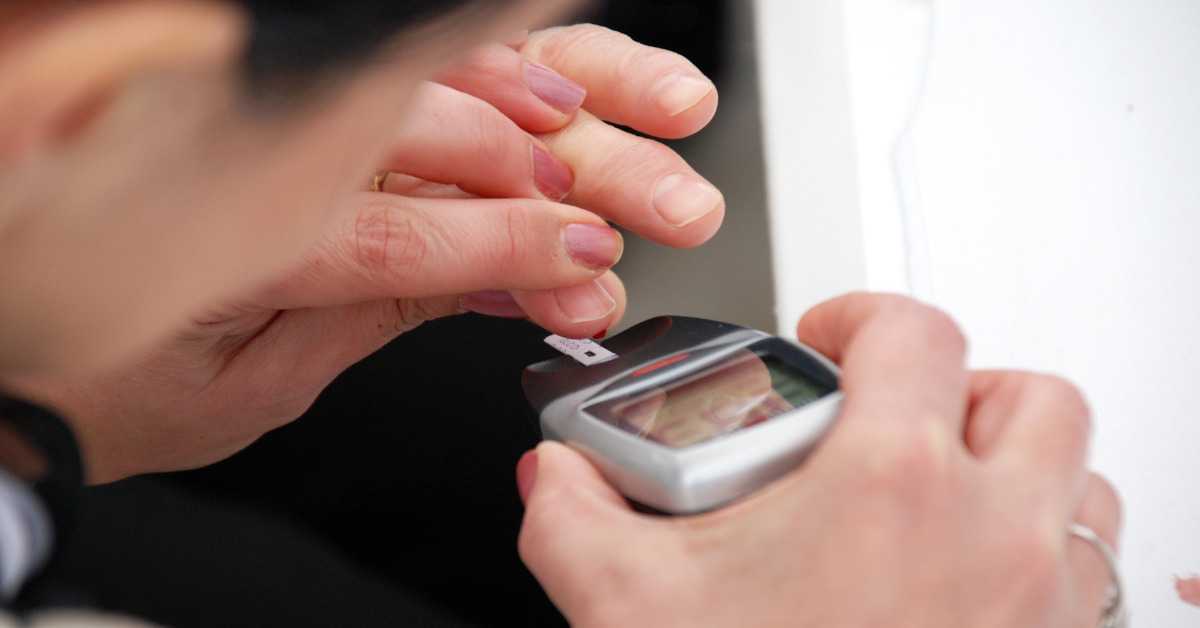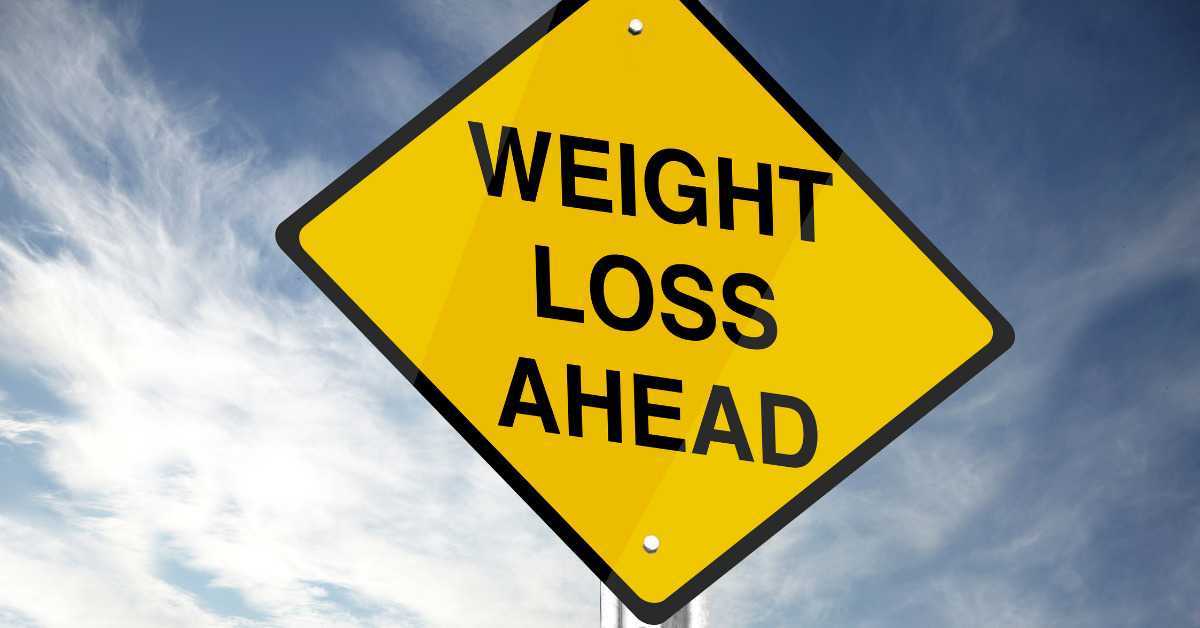Ramadan fasting is one of the five pillars of Islam. All Muslims must keep fast except for those in critical medical conditions.
When a person is fasting, there are ups and downs in the functions of various body systems. One of them is blood sugar levels during Ramadan, and blood glucose is one of the essential factors for diabetic patients.
It is just the start of Ramadan, so you should know how blood glucose levels fluctuate during Ramadan among normal and diabetic patients. This blog tells everything about blood sugar levels in Ramadan.
If you face any critical conditions, including diabetes, consult a doctor.
Blood Sugar Levels During Ramadan
Glucagon(Sugar Levels) during fasting
Glucagon hormone is the direct indicator of blood sugar levels. The activation of this hormone increases blood glucose levels.
During fasting, your body comes under stress when you stop eating or drinking anything for a sufficient period. The polysaccharides in your body break to give simple sugars that the body can utilize.
Generally, a diabetic patient has high blood glucose levels than average due to insufficient use of insulin.
- In healthy people, their body helps them produce the necessary insulin requirements of their body.
- People having Diabetes type 1 are unable to produce insulin through their bodies.
- People having Diabetes type2 can produce sufficient insulin, but their bodies don’t detect it at the right time.
Also Read: 5 Tips For Staying Healthy During Ramadan
Diabetes and Ramadan
If you are a diabetic patient, planning for fasting. It is better to discuss this with a diabetes healthcare specialist as early as possible before Ramadan. Fasting for patients having diabetes may be dangerous or can cause terrible health concerns.


You should have a proper chat on keeping your diabetes in control during fasting. There are several health concerns for such patients while fasting:
- Hypoglycemia occurs mainly before Iftar and can be deadly.
- Severe hyperglycemia may occur after each of the main meals.
- Dehydration, especially in countries with longer fasting hours and hot climates
- Electrolyte imbalance
- Sudden Kidney failure
- Severe weight loss
- Acute Diarrhea
Health Issues During Ramadan
Due to sudden changes in dietary patterns for fasting, various health issues may occur in Muslims. It may be due to a drastic decrease in blood sugar levels or a dramatic increase during Iftar.
- Eating substantial meals at Iftar may result in high blood glucose levels after eating, which leads to weight gain.
- Eating significant amounts of carbohydrates and sugar at Iftar or between Iftar may also cause severe hyperglycemia.
- Eating desserts with high glucose levels can lead to raised blood glucose levels.
- Overeating may lead to a drastic increase in blood sugar levels.
- Frying food is particularly unhealthy during Ramadan.
- Changes in physical activity and sleeping times affect the body’s metabolism.
Exercise Guidelines During Ramadan
- Light to moderate exercise is preferable, such as walking or bicycling.
- Taraweeh’s prayer activities should be an important part of daily exercise activities.
- Intense exercise leads to dehydration which results in low blood sugar.
Nutritional Balance During Ramadan
Discuss your diet plans with your doctor depending on your health condition.
- Add fruits and vegetables to your diet.
- Take foods full of proteins to stay healthy.
- Add fibrous foods to your diet.
- Avoid excess sugary desserts.
- Less use of oily products
Weight Maintenance and Loss During Ramadan
It is an excellent opportunity for both healthy and diabetic patients to manage and lose weight in the holy month of Ramadan. Losing weight helps in the good maintenance of blood glucose levels, reducing the developing risks of heart diseases.


Some Safety Tips for Ramadan
- Always carry glucose treatment with you.
- Test blood sugar regularly to monitor your glucose levels.
- Test your blood glucose level during the fast to remain aware of your blood sugar contents.
- If your blood glucose is less than 4mmol/l, end the fast immediately and treat the low blood sugar level.
- Having a high blood glucose level than 16mmol/l, end your fast immediately.
- In case of dehydration, end the fast immediately and have a drink of water.
- If you feel unwell, disoriented, and confused, stop fasting and have a drink of water or other fluid if you collapse or faint.
Read More: Manage Your Diabetes In Ramadan By Knowing These 6 Helpful Tips
Book an appointment now to answer all your queries. You can book an appointment with the top Endocrinologist in Lahore through Marham by calling the Marham helpline: 0311-1222398 or by online booking facility through the website or Marham mobile app.
| Android | IOS |
|---|---|
  |
  |
FAQs
Why is my blood sugar high in fasting?
Even after following a strict diet, your body’s sugar level may go up, and it may be due to your diabetic condition. During this, insulin is not utilized correctly, and the liver comes in demand to satisfy these sugar requirements.
Should I stop taking medicines while fasting during Ramadan?
It depends upon your medical conditions. If you have some acute disease, you should not stop taking medication as it can severely affect your blood sugar levels. Instead, you can request your doctor to change the dose of your medicine.
Can I fast If I am a diabetic?
You should consult your doctor. Depending upon the critical nature of your disease, your doctor may advise you to quit fasting or permit you to keep fast. Your consultant may devise a good health plan that you should follow if you decide to fast.

